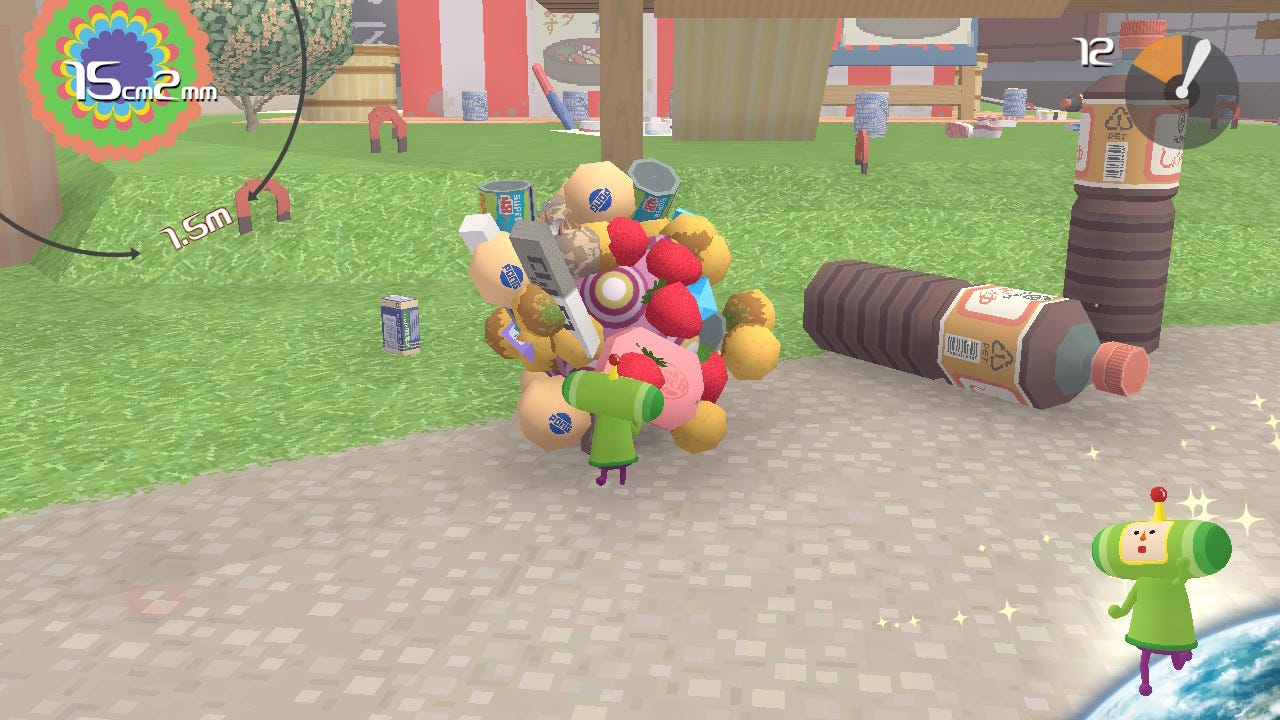So You Want Your Jiu Jitsu to Suck Less
Here Are Some Things to Consider
Congratulations! Thank you for selecting….Better Jiu Jitsu!
Commit to gradual change. Committing to change isn’t easy. It takes a lot of sacrifices both mentally and physically to get there. That is why you have to commit to gradual change. When I was younger, I tried to organize my entire closet by dumping everything out on the ground and seeing what I wanted to tidy up. I never finished that job, no matter how many times I tried.
The change I tried to make was too dramatic and outside the threshold of my tolerance level for change. I was too focused on the mess that I made instead of tackling one section at a time.
Ask for help. I am notoriously bad at asking for help. Back when I still owned a scooter, I was trying to open a heavy door to outside seating for a cafe, all while juggling my to-go latte and my helmet. My friend took one look at me and said, “You know, Tracy, asking for help is OKAY…” The point is, we can ask for help on not just the big things, but on the smaller things. Pay attention to the advice people give you in the context of their experience first, and then extract relevant principles for yourself.
Put in (a little bit) more time, over time. You do not have to train every single day to get better. However, it helps immensely to invest a little bit more time in your training than what you are doing now. (Also if you are training every single day and still feeling like your jiu jitsu sucks, we may need to have a separate conversation about self-esteem and self-talk.)
My mom used to tell me that if I simply invested 15 minutes each day to memorize SAT words, I would have invested 1.75 hours a week. She told me this because she knew that I would procrastinate on doing what I thought was a painfully boring activity and then try to cram it all at the end (she was right).
I applied her strategy — finally — in studying for a certification exam earlier this month. Even though there were clearly some days in which I could not study extensively, I still told myself to try one quiz or to review a set of flashcards. I spent my Every Day Minutes trying to figure out what the “next best action” would be when an unidentified stakeholder complained about nuclear power plants being built in their backyard or if two developers got into a shouting match during a daily stand-up meeting. And even though I didn’t think initially that it would make a difference, and even though I was irritated that it took away time from enjoying video games or scrolling through reddit, the time invested did make a huge difference in my test performance over time.
Prepare to fail a lot more than usual. When you set goals to improve your jiu jitsu performance, you will fail at it, a lot. The failure will feel different, because this time, it is being measured against something (your goal). It will feel different because you put forth effort towards something. Let that feeling sit with you, not as a source of shame or suffering but as another tool for awareness.
Consider if now is the appropriate time. Appropriate time means that you have some reasonable amount of resources during the week to dedicate to getting better at jiu jitsu, and the primary reason why you haven’t exploited those resources yet is because of your choices, not some major structural factor outside of your control. “Appropriate” will mean something different for everyone.
For instance, some may see starting a new job as a springboard for a whole host of life changes, and they are eager to ride wave after wave after wave. Others may see starting a new job as a stressful affair and so may consider delaying any changes to their training schedule. Even in this scenario, there are gray areas: putting off the changes for one week might seem reasonable for some but rushed for others.
There is always an option to put a stop on trying to improve jiu jitsu, just like there are options to put aside other personal goals, to take a breather, and re-assess. However, you want to set yourself for success at the beginning of this process, and in order to do that, you should take a close look at any potential distractions or risks that can turn into issues that derail your work later on. Just because we can’t plan for everything doesn’t mean that we don’t plan at all.
Try new techniques, learning methods, training styles, and challenges. When I was making a career change, I really struggled to find out what I wanted to do and what I liked. I knew plenty about what I didn’t like about my situation. It was easy to come up with that list.
I realized eventually that to figure out what I liked to do, I had to go outside of the familiar and try out a lot of different activities. During my year of exploration, I wrote a grant application (unsuccessfully) for a capoeira club; I signed up to be a youth mentor; I volunteered to take photographs of dogs up for adoption; and I coached for my jiu jitsu school. All these experiences were not there necessarily for me to find my next dream job, but for me to observe what I was naturally drawn to versus not.
Jiu jitsu will be a lot more pleasurable, and a lot more worthwhile, if it is an activity in which you actively seek to identify what you like and what you want to work on, instead of what you want to avoid. Coaches and teammates may have their own opinions, but ultimately, it’s your choices that will dictate the trajectory of your experiences.
Write down your goal on paper. I have read a lot of self-help books and even though some of them are arguably more questionable than others, almost every single author has recommended writing down your goals. Whatever the magical effects or not for writing down your goals (many believe that writing them down means that they will eventually come true), it is a visible reminder of what you want to achieve. If you want something to live in your head, what better than a goal instead of the usual litany of doubt and criticism…?





